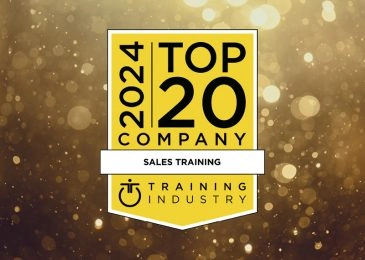Despite its obvious potentiality for good, attitudes towards CRM from the sales functional perspective are ambiguous. Advocacy is clearly in evidence and many organizations are heavily committed to the concept. In fact, it is somewhat like driving down a one-way street with no exits. Once the decision to commit is made it is almost impossible to turn around. Add-ons, updates and additional functionality cement the relationship between organization and tool. CRM is firmly embedded in most businesses and the selling organizations have been outstanding at magnifying the benefits potential of their products to the market. Who though, is working for whom?
Careers are made and occasionally, broken on the decision to implement. The political eruptions associated with failure to adopt or late commissioning are often significant. A “cannot and must not fail mentality” has developed around implementation. Frequently, the loudest voices in favour of a particular system do not come from the sales functional group in a company but from other stakeholder sub sets. Curious anomaly?
Commissioning an expensive CRM is a decision usually taken very high up in an organization. It invariably involves internal technical experts, senior management and procurement, none of whom are particularly near the customer end of the business. Functionality or perhaps over-specifying appears to be common. Where are Sales in this process? Of course, many companies fully involve their sales function in the scoping, planning, trialling, roll-out and update of such systems but it would not be an exaggeration to say that few CRM roll-out processes run without a glitch and, Sales are sometimes not included in the shaping process until it is too late.
Usually launched with much razzamatazz and positioned as being able to move results to a higher level, the reality is often far more prosaic. CRM systems rely on the quality of data input. GIGO applies (Garbage In Garbarge Out!). If your sales team are incapable of behavioural excellence in front of the customer then the data analysis and summaries provided by any system, however good, are hobbled by this rate limiting step. Results don’t change, senior management demand more analysis, more reports and yet more data with concomitant paralysis by analysis.
Sales people begin to feel the shadow of Big Brother and hygiene issues develop around data reporting not data quality. Do the numbers that will keep the spotlight away from yourself and the system smiling. The tail is in effect, wagging the dog.
It doesn’t have to be this way. CRM is an enabling tool. IF the optimum levels of understanding and competence exist when setting market strategy, IF sales leadership teams are competent in activity planning and coaching their teams, IF the sales team understand what to do, where to do it and how well to do it within their customer portfolios the output will be joy on all levels.
How well do your teams understand the interconnected levers of Quantity, Direction and Quality of market activity which power your CRM to enable their success?
Related content
Sales training courses from the Mercuri Academy


